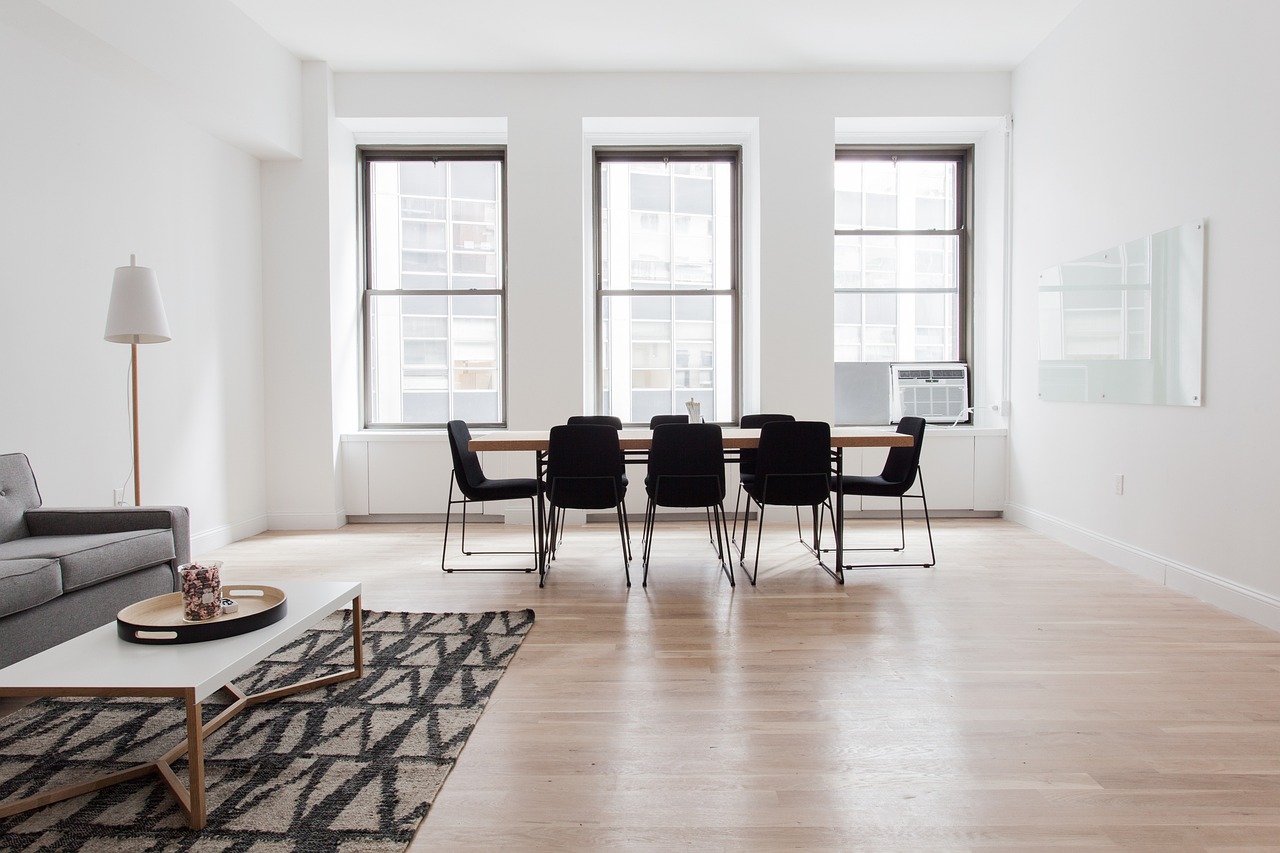The age-old debate of whether to buy or rent a home continues to be a significant financial decision for individuals and families worldwide. Both options have their merits and drawbacks, making the choice a complex one. In this article, we’ll explore the key factors to consider when deciding between buying and renting, backed by data to provide clarity on the short-term and long-term financial implications of each choice.
Short-Term Costs
1. Upfront Expenses
- Buying: Purchasing a home typically involves substantial upfront costs, including the down payment, closing costs, and initial maintenance expenses.
- Renting: Renting usually requires a security deposit and the first month’s rent, making it a more affordable short-term option.
2. Monthly Payments
- Buying: Mortgage payments often include principal and interest, which can be higher than monthly rent payments.
- Renting: Rent payments tend to be more consistent and predictable, making budgeting easier in the short term.
3. Maintenance and Repairs
- Buying: Homeowners are responsible for maintenance and repairs, which can be costly.
- Renting: Renters typically have maintenance and repair costs covered by the landlord.
Long-Term Financial Implications
1. Building Equity
- Buying: One of the most significant advantages of homeownership is building equity over time. As you pay down your mortgage, you accumulate wealth through property appreciation.
- Renting: Rent payments do not build equity. You’re essentially paying for shelter without any long-term financial benefit.
2. Tax Benefits
- Buying: Homeowners may enjoy tax deductions on mortgage interest and property taxes, reducing their overall tax burden.
- Renting: Renters do not receive tax benefits associated with homeownership.
3. Potential for Appreciation
- Buying: Real estate has historically appreciated over time, potentially leading to significant financial gains when selling the property.
- Renting: Renters miss out on the potential appreciation of the property they occupy.
Data Analysis
To illustrate the financial differences between buying and renting, let’s examine a hypothetical scenario based on real-world data:
Scenario: A couple is deciding between buying a home for $300,000 or renting a similar property for $1,500 per month. They plan to stay in the area for 10 years.
Buying a Home:
- Down Payment: $60,000 (20% of the home’s value)
- Mortgage Interest Rate: 3.5%
- Property Tax: $3,000 annually
- Maintenance Costs: $1,500 per year
Renting:
- Monthly Rent: $1,500
- Security Deposit: $1,500
Short-Term Costs (First Year)
- Buying:
- Upfront Costs: $60,000
- Monthly Mortgage Payments (Principal + Interest): ~$1,208
- Property Tax: $3,000
- Maintenance Costs: $1,500
- Total First-Year Costs: ~$67,708
- Renting:
- Upfront Costs: $1,500 (security deposit)
- Monthly Rent: $1,500
- Total First-Year Costs: $18,000
Long-Term Financial Implications (10 Years)
- Buying:
- Total Cost Over 10 Years: ~$194,088
- Home Equity Built: ~$140,000 (estimated)
- Potential Property Appreciation: ~$60,000 (based on historical trends)
- Renting:
- Total Cost Over 10 Years: $180,000
- No Equity Built
- No Property Appreciation
Conclusion
In the short term, renting is often more affordable due to lower upfront costs and consistent monthly payments. However, when considering the long-term financial implications, buying a home can be a more financially rewarding choice. Homeownership allows you to build equity, potentially benefit from tax deductions, and gain from property appreciation.
Ultimately, the decision to buy or rent depends on your financial goals, stability, and personal circumstances. It’s essential to consider both short-term affordability and long-term wealth-building potential when making this significant financial decision.




